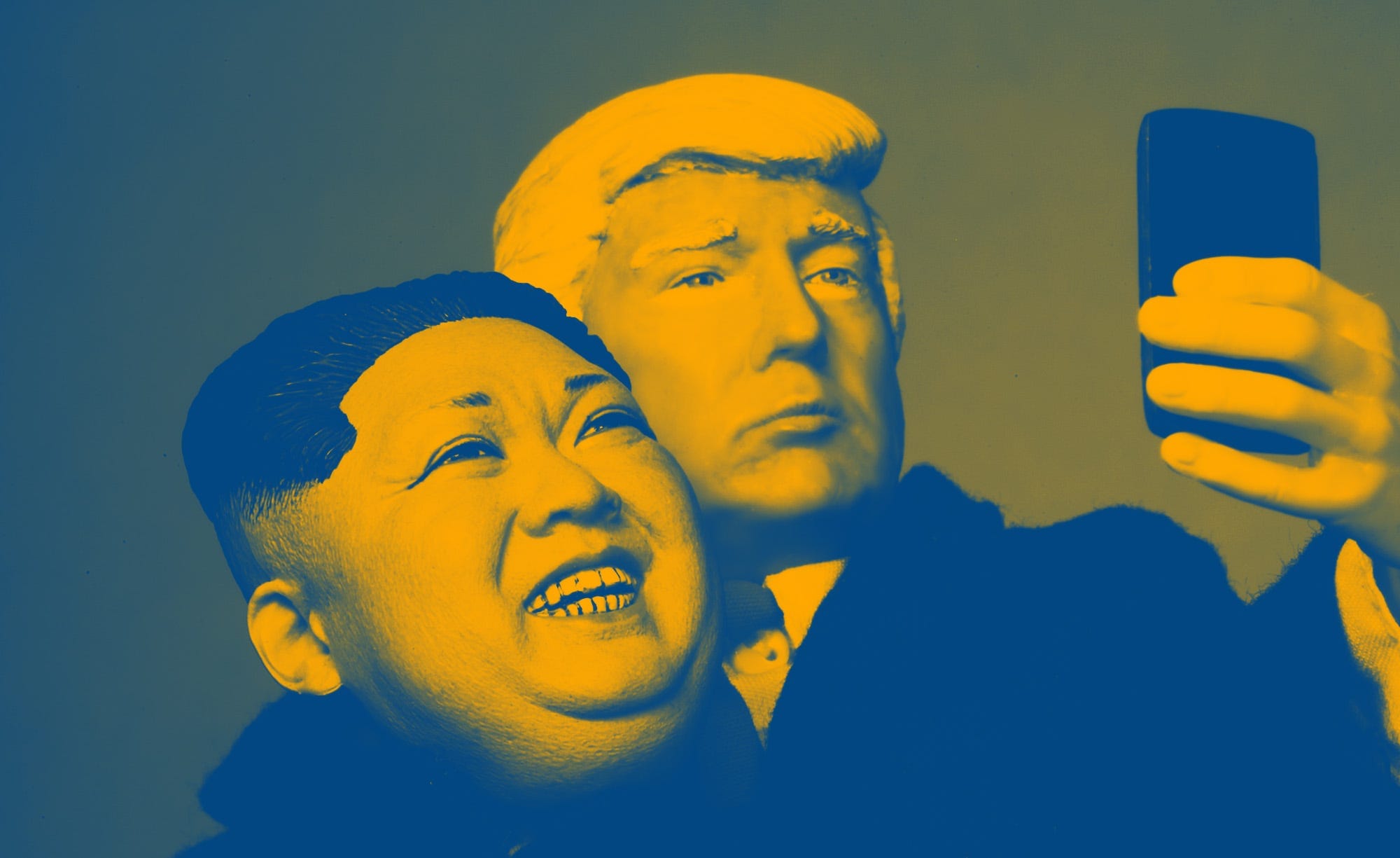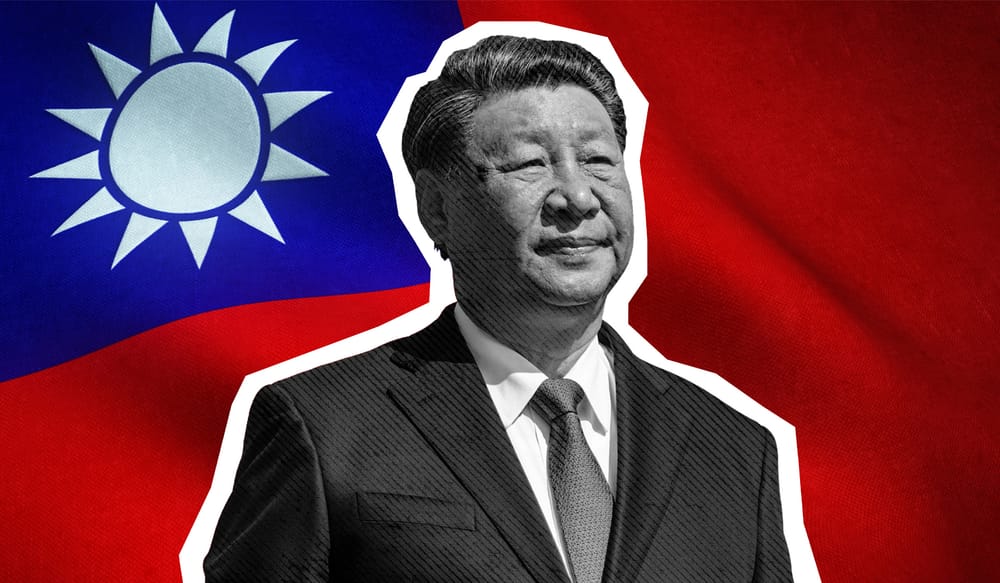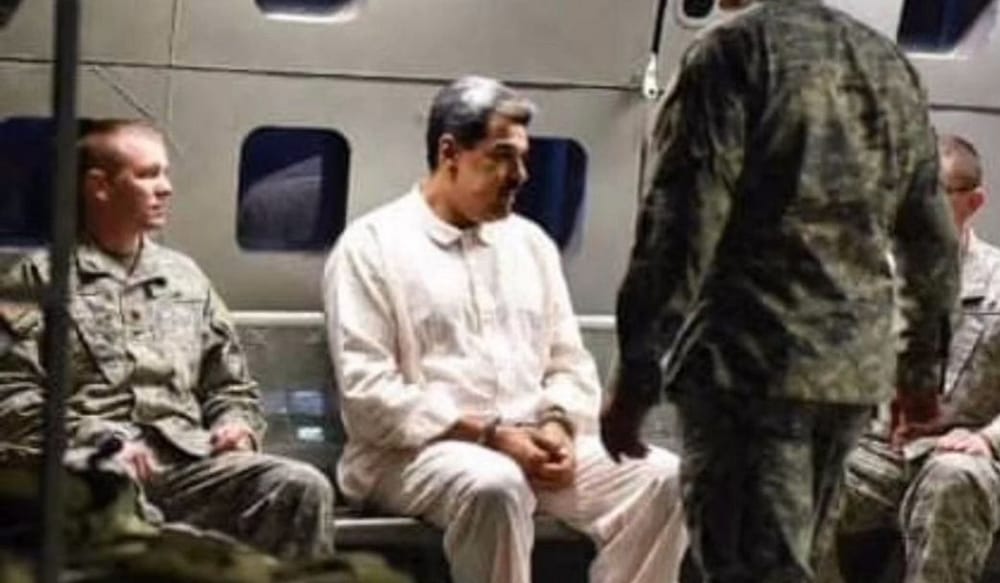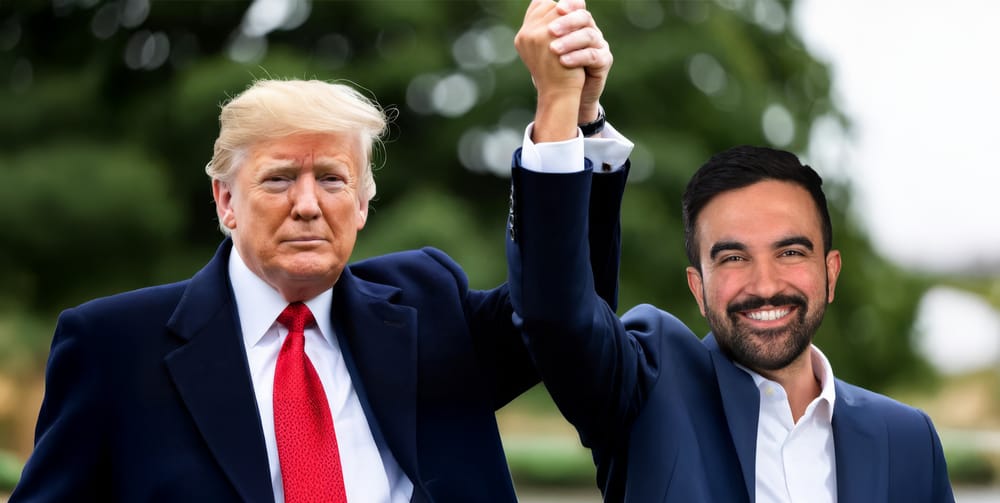Relations between the US and North Korea are heading for the lowest low since the leaders of two countries exchanged insults in the early 2018. Since then it seemed that a sudden reversal - culminating with the summits in Singapore and (less successful one) in Hanoi - would bring some longer lasting, unprecedented breakthroughs. Alas, not much has really happened since then and besides empty declarations little was agreed - and not much else will be as long as the US is stuck demanding complete denuclearization.
Is North Korea really a threat?
The biggest problems in foreign policy's are often a result of it being directed along the worst case scenario - no matter how unrealistic it is. Nobody wants to bear the responsibility IF something goes wrong - even if that "if" isn't very plausible. For the US disarming North Korea has always been of paramount importance not because there's a reasonable risk of it bombing the US but because it merely has such a capability. At the same time, Americans feel they cannot just engage in tit-for-tat negotiations, as it could embolden other regimes around the world to pursue a similar approach in the future.
Of course what politicians in Washington appear to be missing from the picture is the fact that they let the situation deteriorate so badly in the first place.
For decades North Korea had been an ever more impoverished and highly isolated country that posed no direct threat to the US - until one day in 2006 it detonated its first nuclear bomb.
There have been many opportunities to remove the regime at a relatively limited cost, if only American leaders were willing to launch a sweeping military action. In the mid 1990s the country suffered its worst famine, which coincided with loss of life support for the authorities after the collapse of the Soviet Union. At the same time China, still very poor, was only beginning to modernize itself. There was nowhere Pyongyang could turn for help - and that was the time to strike.
Instead, and despite North Korean recalcitrance on the matter, Bill Clinton was trying to negotiate a deal which would i.a. see the US construct light-water reactors in North Korea in exchange for the end to the nuclear weapons program. Of course the agreement met strong opposition and was annihilated in Congress - leading to further distrust in Pyongyang.
Still, if the US wanted to intervene militarily, that was the time to do it. North Korea did possess considerable conventional military capabilities but between 1994 and 1998 it was largely starving and it likely wouldn't take long to overwhelm and break it.
But since the US decided not to act it inadvertently bred the situation we are in now - that Kim Jong-un possess considerable nuclear capabilities which are the ultimate safeguard of his rule over the country. To demand of him to let go of them is really rather silly. Does anybody think the man is suicidal?
Here, however, we must make an important observation - North Korea's nuclear weapons are not really meant for offensive action. They are merely protecting the country's leaders.
Unlike, for example, Iran, North Korea has no international agenda to speak of. If Tehran was able to amass enough fissile material there's no saying what it could do with it, given how many violent groups it is currently sending arms to. Dirty nuclear terrorist attacks targeted at e.g. Israel or even Saudi Arabia, are a distinct possibility because the ayatollahs have ideological goals they want to achieve abroad.
North Koreans, on the other hand, just want to be left alone.
Of course they do have a history of collaboration with other countries - including ones in the Middle East - but it's really hard to blame them for exporting their most advanced technologies to American foes if they have few options of making money. Accidentally, therefore, tough sanctions on North Korea only motivate it to sell its most dangerous expertise to other unsavory nations.
John's gone
Donald Trump is in a position to achieve a historical breakthrough with North Koreans, since - unlike career politicians - he doesn't have a reputation at stake (not that he would care about it either). A good opportunity presented itself with the departure of the security hawk, John Bolton. It was an ideal situation to shift some blame and attention onto him and announce a new round of talks in which the US could agree to some of the North Korean proposals of a tit-for-tat exchange - i.e. easing of some sanctions in exchange for cuts to some elements of North Korean nuclear capabilities.
Demanding complete denuclearization before any sanctions are lifted is entirely unrealistic. But progress can be made if mutual cooperation between the two countries grows - even as Kim Jong-un retains his atomic shield.
Unfortunately, it looks like the good opportunity is just being wasted. If the White House sticks to its tough demands then it will be harder to backtrack on them later without losing face. With Bolton out of the door, he could be made a scapegoat and some progress could be achieved. Instead, it looks like both countries are retreating to their positions from before the summits in 2018 and 2019.
Foe or... friend?
I believe the biggest obstacle to progress is the fact that Americans treat North Korea - much like many other countries or regions - as a problem and not as an opportunity. Ironically, given their various interventions abroad, Americans are actually quite isolationist - i.e. they would prefer other countries to sort themselves out unless there's a hint of a threat, which is when they send military in to quash it.
But they rarely think long term - which is why they failed to entrench themselves in the Middle East as a serious economic (not only military) power, leaving the door open to countries like China or Russia.
Similarly, they treat Pyongyang as a security issue that needs to be dealt with instead of an opportunity to reshape Northeast Asia to suit their own interests best.
Washington is focused on the nukes while it should rather be on how to use the status quo to its own advantage.
Looking beyond mere weapons, USA should set its sights on Korean reconciliation - even if outright reunification is not possible and will not be for many decades. But both countries are really well positioned to cooperate and provide a valuable buffer to China in Northeast Asia (especially if some form rapprochement can be achieved with Japan as well).
What appears to be lost on American diplomats is that Kim Jong-un has demonstrated genuine willingness to improve the status quo. No, he does not want to let go of his warheads and missiles but he is clearly happy to keep them away from view as long as his country can enjoy more economic prosperity.
He's not dumb or suicidal - he's actually proved to be quite smart in safeguarding his position and then trying to use it as leverage to set the country on the right tracks, as long as it doesn't cost him his head. So why demand it?
North Korea relies quite heavily on China right now - but Koreans are not exactly natural friends of the Chinese. In fact, South Koreans are generally worried about their massive neighbors, as the latest polls by Pew reveal.
A part of Pyongyang's drive to achieve greater international economic freedom is clearly to reduce its dependence on Beijing - this is an opportunity that Washington should exploit, instead of stubbornly talking about nukes that are not going anywhere.
North Korea could provide an ideal pool of disciplined, cheap labor that could be tapped by its relatives from the South to build a modern low cost manufacturing powerhouse.
Of course both countries are vastly too different to reunify anytime soon - but cross border investment could elevate the North quite rapidly, while adding 25 million to overall Korean population and limit Chinese influence on the peninsula.
Samsung has already left China, defeated in the local consumer market and pushed away by the ever growing labor costs to countries in Southeast Asia. But why shouldn't its phones be assembled just a a few miles from Seoul, across the northern border?
Deepening economic cooperation would benefit both countries, while keeping the northern regime armed - but likely far less hostile to America than before. Because its leaders have no ideological agenda other than self-preservation (unlike extremist Islamism, which seeks to spread its beliefs by the most violent means possible), it would result in a creation of quasi-unified Korea of 75 million people, armed with nuclear weapons just miles away from the Chinese border and mere 800km east of Beijing.
And if Tokyo and Seoul can be nudged to abandon their pointless bickering over the past, then a cooperating block of 200 million people and about $7 trillion in GDP could be a meaningful counterbalance to China - equipped both with high tech advances as well as low-cost workforce to manufacturing end products in close vicinity.
All of a sudden it may turn out that North Korean nukes become rather useful, shielding not only the regime in Pyongyang but the entire region - only this time from possible Chinese threat. And just like that Beijing may have more reasons to worry about Kim than Washington does now.
If you think about it it's actually a complete no-brainer. The only other alternative is nuclear war - which nobody wants - or continuing isolation, which lets China effectively vassalize North Korea, maintaining the useful wedge between siblings on the Korean peninsula.
What does the US have to lose?
The argument that other regimes may want to acquire nuclear weapons in the future to protect themselves is rather weak - all would if they could, so what? And all would behave in a similar way that North Korea does. The answer to that is not to play tough with Pyongyang but rather apply preventive measures next time, long before a potential enemy can arm himself.
In the current situation it's far better to simply deal with Kim and get him to cooperate, negotiating limits on but not abolition nuclear capabilities in exchange for gradual sanctions relief and economic cooperation.
What is he going to do as North Korea gets wealthier? Start a war? Attack the South? Nuke Washington? Any of these scenarios would be less likely than today.
Let him stay, let him keep the nukes - although under some international supervision - remove the sanctions (or at least some of them) and bring investment to North Korea. There's hardly anything at stake because Kim is already as well armed as he needs to be - and he's not suicidal.
There are practically now downsides to it - Koreans are set to gain from it, Americans could hope to reduce their engagement in the area, the Japanese will sleep better at night too. Only Chinese may suddenly become opposed to the idea - but it's a useful counterbalance to their ambitions, that could make the world a little bit safer.
For 30 years Americans have been obsessed about North Korean nukes - although they did little to prevent their development. Today Pyongyang is armed and won't let go of them. So instead of attempting to disarm it, it is far more realistic to build on the status quo rather than hopelessly try to destroy it.
If you don’t like how the table is set, turn over the table. Now is the best time to do it.









